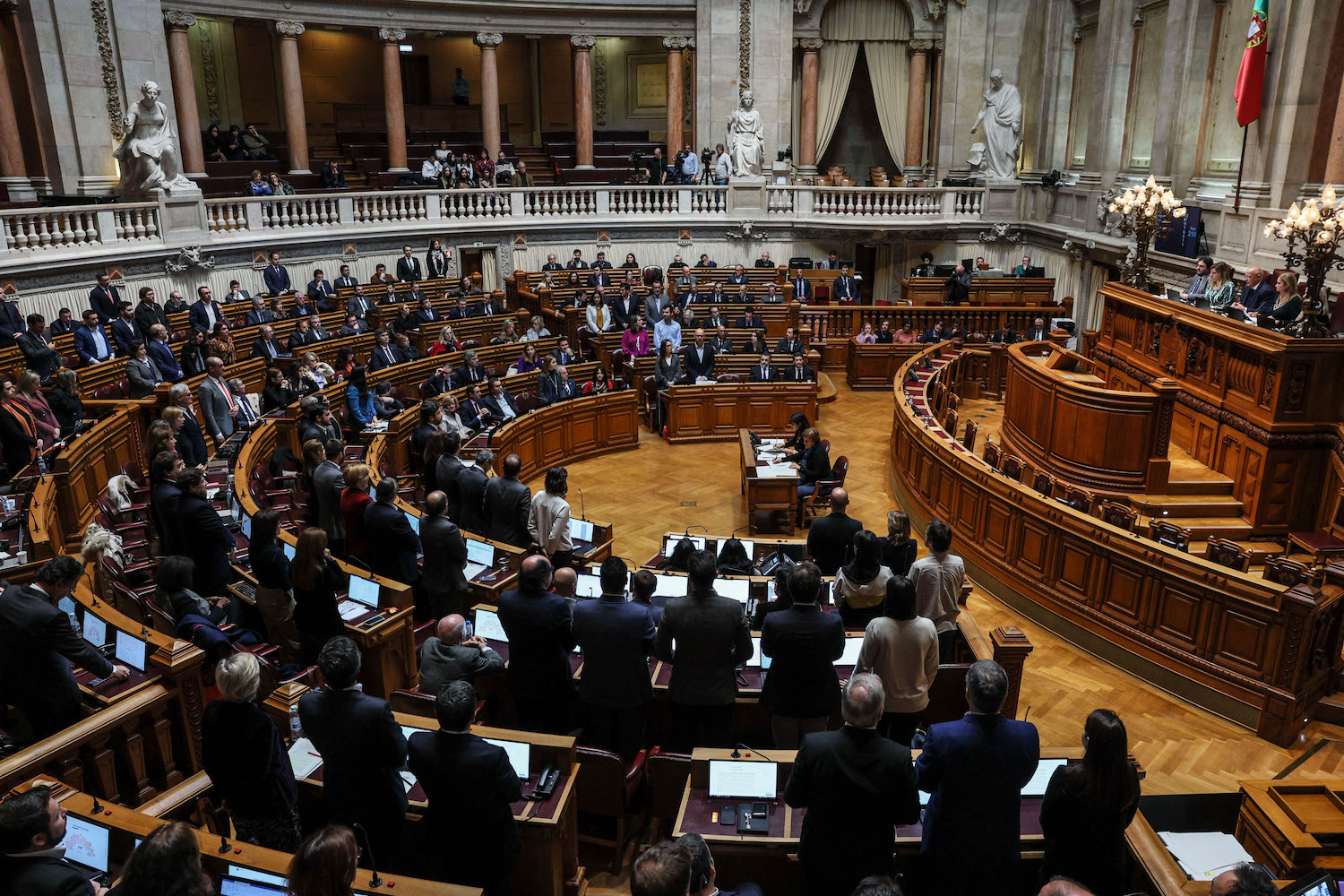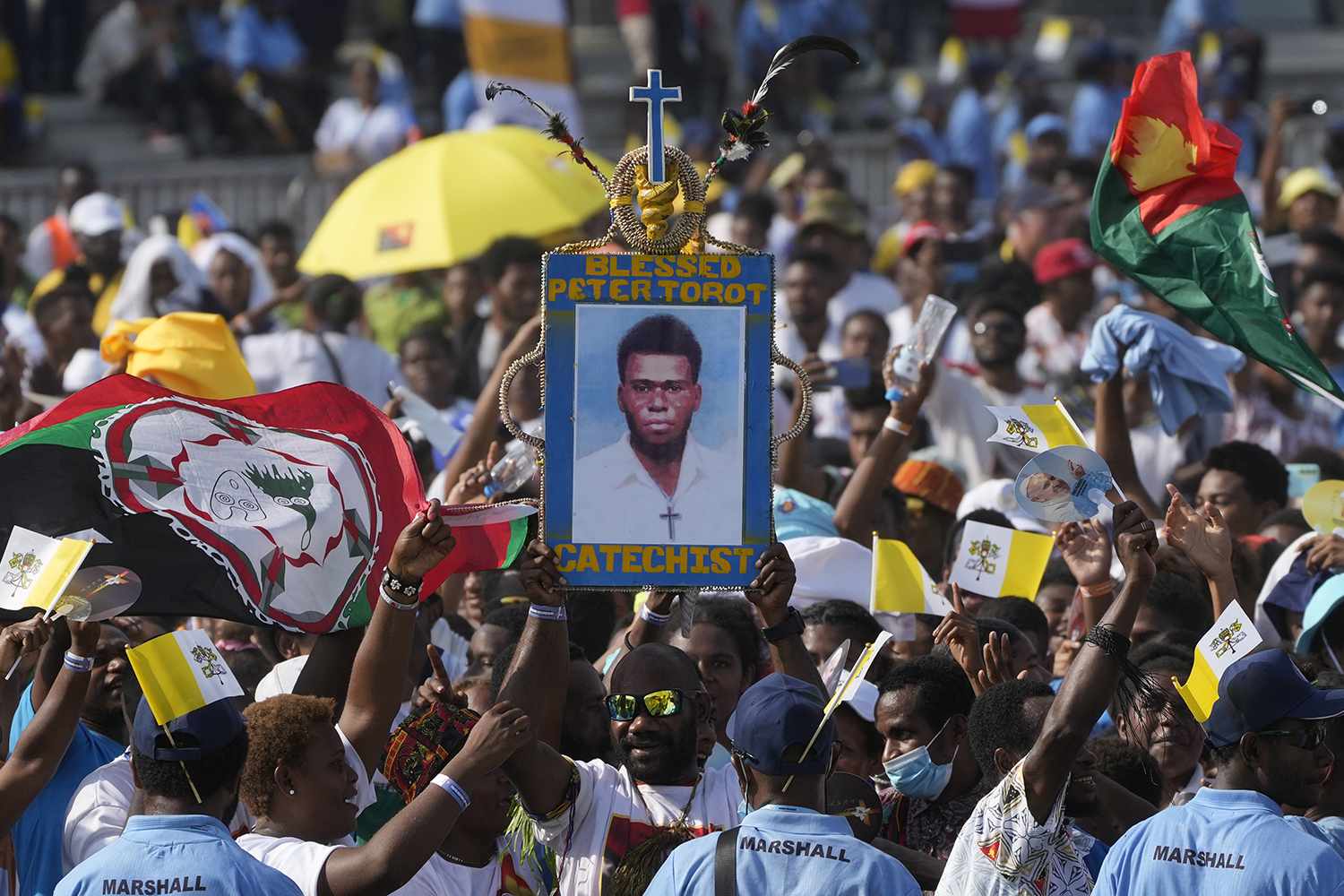(Photo above) Portugal’s Members of Parliament approve euthanasia for the fourth time
José Maria C.S. André
This year, May 13, the anniversary of the first apparition of Our Lady in Fátima, was very sad for Portugal and for the whole Church, because the members of the Portuguese parliament had just approved the Decree 43/XV, which allows people to be killed in hospitals.
In Rome, the Holy Father deeply regretted the event: “Today I am very sad, because, in the country where Our Lady appeared, a law to kill has been enacted. One more step in the long list of countries with euthanasia.”
Throughout the legislative process, all the ethics committees, all the professional associations, and many civil and religious entities have spoken out against this attack on fundamental rights. Insensitive to all these appeals, the MPs decided that the citizens had no right to reject this law in a referendum. Instead, they voted on it four times, with minor variations. The first versions were disapproved by the constitutional court and the last one was returned to Parliament by the President of the Republic until, on May 12, the Parliament once again approved the law and sent it to the President for promulgation.
It is very sad to see that our country has degenerated to the point of legalizing the death of the sick and the elderly.
The President of the Republic could have been more intelligent in this instance. He only noticed the article of the Constitution that obliges him to promulgate the laws when the Parliament insists, but he failed to read the article of the Constitution that proclaims the universal right to life. Moreover, he could have invoked an objection of conscience, he could have resigned, he could have dissolved the Parliament. Obviously, all the alternatives would have had a political cost, because he would have had to confront powerful forces bent on this path of societal decline.
The failings of each politician have played a part in this ruling. Some intervened recklessly, others maliciously, others were cowards or lazy. All have forgotten their responsibility before God and before themselves.
When a politician reaches the end of his life, what will be the point of claiming that he achieved a lot of power, if he used it for evil?
When that moment of judgment comes, can the politician who voted or enacted these laws give as an excuse the pressures he suffered? Can he argue that others might have done the same? In that moment of truth, to oneself and before God, what are euphemisms worth?
Why did Pilate wash his hands? Did he want to deceive himself, or God? Did he deceive anyone?
I remember the first debates on abortion. Those who advocated respect for life warned that once this basic principle of social life was overturned, euthanasia would follow. Pro-abortionists assured that no, euthanasia would never be approved. They also guaranteed that abortion would be allowed only at the very first moment. Then, only in the very first weeks. Then later, later and later.
“Returning to Fátima,” said the Pope, “in the midst of the silence and solitude of the fields, a kind and light-filled woman meets with some poor and simple children. Like all the great things that God does, what characterizes the scene is poverty and humility.”
At some points in history, it seems that nothing can stop the powerful, but in fact their power is short-lived. Following the prevailing trend, most of the media did not report the statement of the Bishops’ Conference: “The enactment of this law represents a clear step backwards for civilization; we maintain the hope that it can be revoked and that human life, which is a priceless gift, will once again be valued and defended in all its phases.”
Fátima recalls the weak who are on the side of justice. The Little Shepherds, remarked Francis, represent “all of humanity, disconcerted and frightened by situations that place it in crisis.” And he stressed: “Mary teaches to generate life and to always protect it.”


 Follow
Follow


